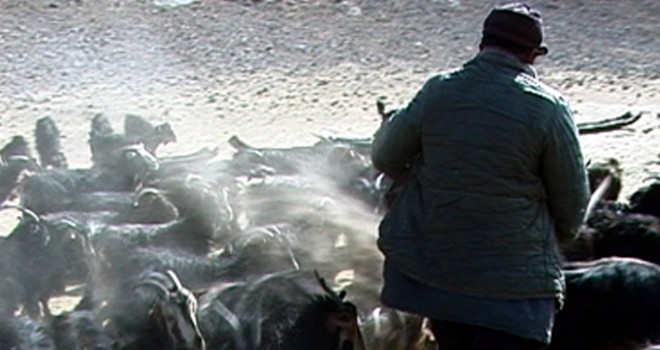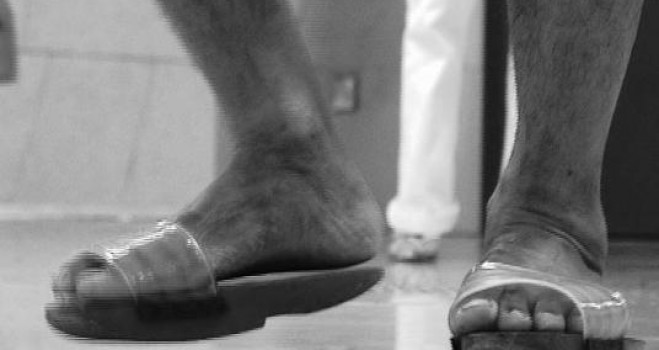DOCUMENTARY POLARITiES
Over the last five years, the marginal, yet increasing, presence of documentary films in cinemas has given us the opportunity, even if it is fragmented, to assess the strength of the actuality of the genre. It is also the sign of a renewal which posits this film form as one of the most singular and unexpected media in contemporary creation. Since the mid- Nineties, searching film-goers have been able to notice here and there a series of events heralding the vivid commitment of today’s documentary cinema. Although there is no overall, homogeneous movement, a constellation of films have been made, often in isolation, but with definite determination, asserting the possibility that something else could foster the meeting of cinema and reality. There have been numerous proposals aiming at gradually erasing the old disrepute which had branded the “genre” and the current suspicion which, in the general audience’s mind, prevents the words documentary and cinema from going hand in hand.
Indeed, documentary cinema investigates, records, captures, extracts, collects, sometimes comments upon issues and often raises them… Perhaps our overall perception of documentaries frequently strengthens the anxious questioning of the current world — an issue it shares with a great number of the images we are bombarded with. The fact that documentaries support our anxiety does not mean that this is their sole subject matter or alibi, nor an end or a routine activity. A growing number of initiatives (specialised film festivals, meetings, regular programmes in art-house cinemas, etc.) enable us to experience documentary cinema throughout the diversity of its proposals. Just like the various realities they confront, the best contemporary documentaries are initiated by multiple, fragile, often home-made, underground, anarchic impulses. Documentary cinema’s persistence in reminding us that what relates film to the outside world has not to do only with the natural and the obvious is not its least merit. Once it has rid itself of the obsession with (or, even worse, of a mission) faithfully and objectively reflecting the world, documentary cinema is better equipped to undo the tyrannical organisation of the visual as it liberates the way we listen to the world. Modestly, without demonstration or euphoria, documentary cinema sometimes finds its way back to the exploration of possibilities which also shape the circumstances for any form of thought. Fortified by such convictions and keeping away from any kind of “actualism”, the Festival of the 3 Continents has been contributing, over the last three years, to an extended reception of contemporary documentary cinema. The festival shares this view with the Cahiers du Cinéma magazine which does its best to support new developments in the genre, within its pages as well as through other actions. Since the inception of the documentary section in the festival, the selection of films has been done in an efficient, collaborative manner with Cahiers du Cinéma. Such a cooperation constitutes a continuous partnership between the festival and the magazine; it is also an extension of the prospective and analytical monthly effort of the magazine. The eight films selected in this year’s international competition come from five different countries: Chile, Iran, Japan, Mexico, Singapore. Their diversity is not so much due to their coming from distant geographical realities, whose historical, social and cultural elements are singular and significant per se, as — even if we risk making a formai assessment — to their capacity to constantly arouse the viewer’s attention, a capacity which holds the questioning of the world and the challenging of representations as the irreducible polarities of any film. Even the most discreet ones.
Selection committee
Jérôme Baron, Guy Fillion, Jean-Philippe Tessé (Les Cahiers du Cinéma)










